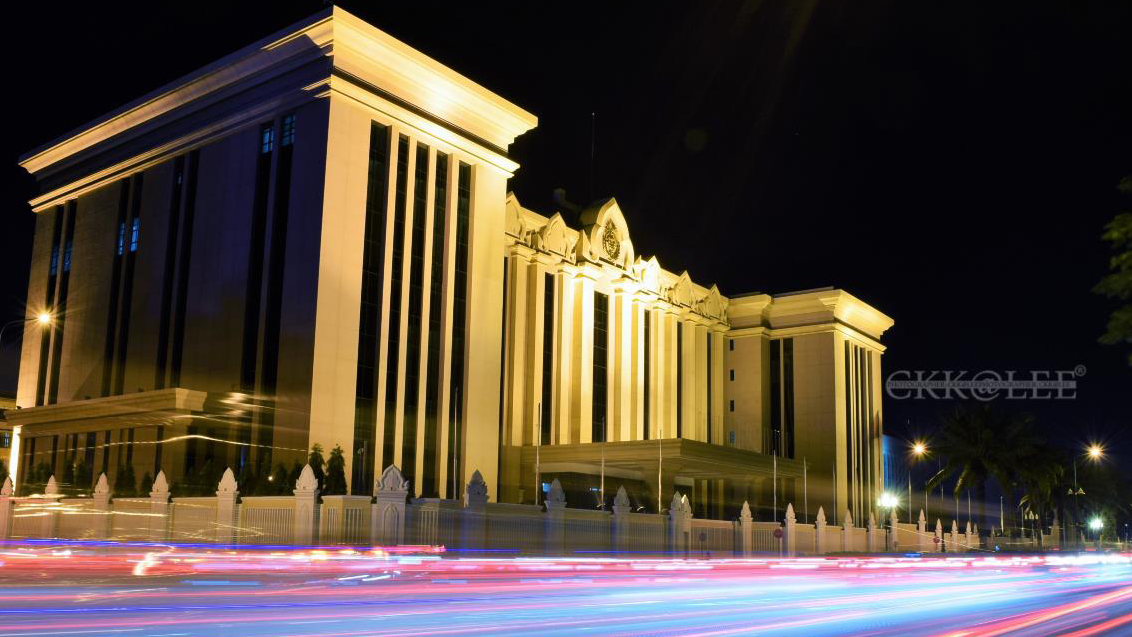CAMBODIA: Cambodia’s political landscape is transforming as its new generation of leaders appears to be warming up to the West. This has raised speculation about a shift in the country’s long-standing relationship with China.
Prime Minister Hun Manet, who assumed office in August 2023, has actively engaged with Western nations, fostering renewed diplomatic ties. According to a report from Foreign Policy, Mr Hun Manet’s West Point education and Western exposure have influenced his approach to governance and international relations. In June 2024, he met with U.S. Secretary of Defence, Mr Lloyd Austin, in Phnom Penh for what was described as a “productive” discussion focused on strengthening bilateral defence cooperation.
Cambodia’s shift toward the West extends beyond military relations. As The Economist reported, in January 2024, French President Emmanuel Macron approved a $235 million aid package for Cambodia, underscoring the country’s effort to diversify its international partnerships. While participating in the World Economic Forum in Davos, Mr Hun Manet met with former British Prime Minister Tony Blair and Samantha Power, the U.S. Agency for International Development (USAID) administrator, further strengthening diplomatic and economic ties.
Navigating historical ties with China
For decades, under Mr Hun Sen’s leadership, Cambodia maintained a strong alliance with China, benefiting from extensive investments and infrastructure projects under the Belt and Road Initiative (BRI). However, concerns have emerged over Cambodia’s heavy reliance on Beijing.
According to Reuters, one of the most contentious aspects of this partnership is the Ream Naval Base, which was developed with Chinese funding. The project has sparked fears that it could serve as a Chinese military outpost, a claim Cambodian officials have repeatedly denied. In an apparent move to reassure critics, the government has stated that the base will be open to joint exercises with other nations, including the United States.
Warming the relationship with the U.S.
A notable development in U.S.—Cambodia relations occurred in December 2024 when the USS Savannah docked at Cambodia’s Sihanoukville Port. According to the Associated Press (AP), this was the first U.S. naval visit in eight years. The event signals a potential shift in Cambodia’s strategic positioning as it seeks to balance its international relationships.
Experts quoted by East Asia Forum suggest that while China remains Cambodia’s primary economic partner, Mr Hun Manet is actively working to broaden diplomatic engagements. The Cambodian government has also pledged improvements in democratic governance and human rights, which could attract further economic aid and investment from the West.
Challenges and environmental concerns
Despite these diplomatic strides, challenges remain. A significant point of contention is the Funan Techo Canal, a $1.7 billion project funded by China. Critics argue that the initiative could disrupt the Mekong Delta ecosystem, affecting thousands of livelihoods, particularly in Vietnam. According to AP News, Vietnamese officials have expressed concern over the canal’s potential environmental consequences.
The world watches closely as Cambodia navigates this evolving geopolitical landscape. Whether the country will fully recalibrate its foreign policy or maintain a delicate balance between China and the West remains an open question. However, as Mr Hun Manet strengthens ties with Western nations, a strategic realignment may be on the horizon.

